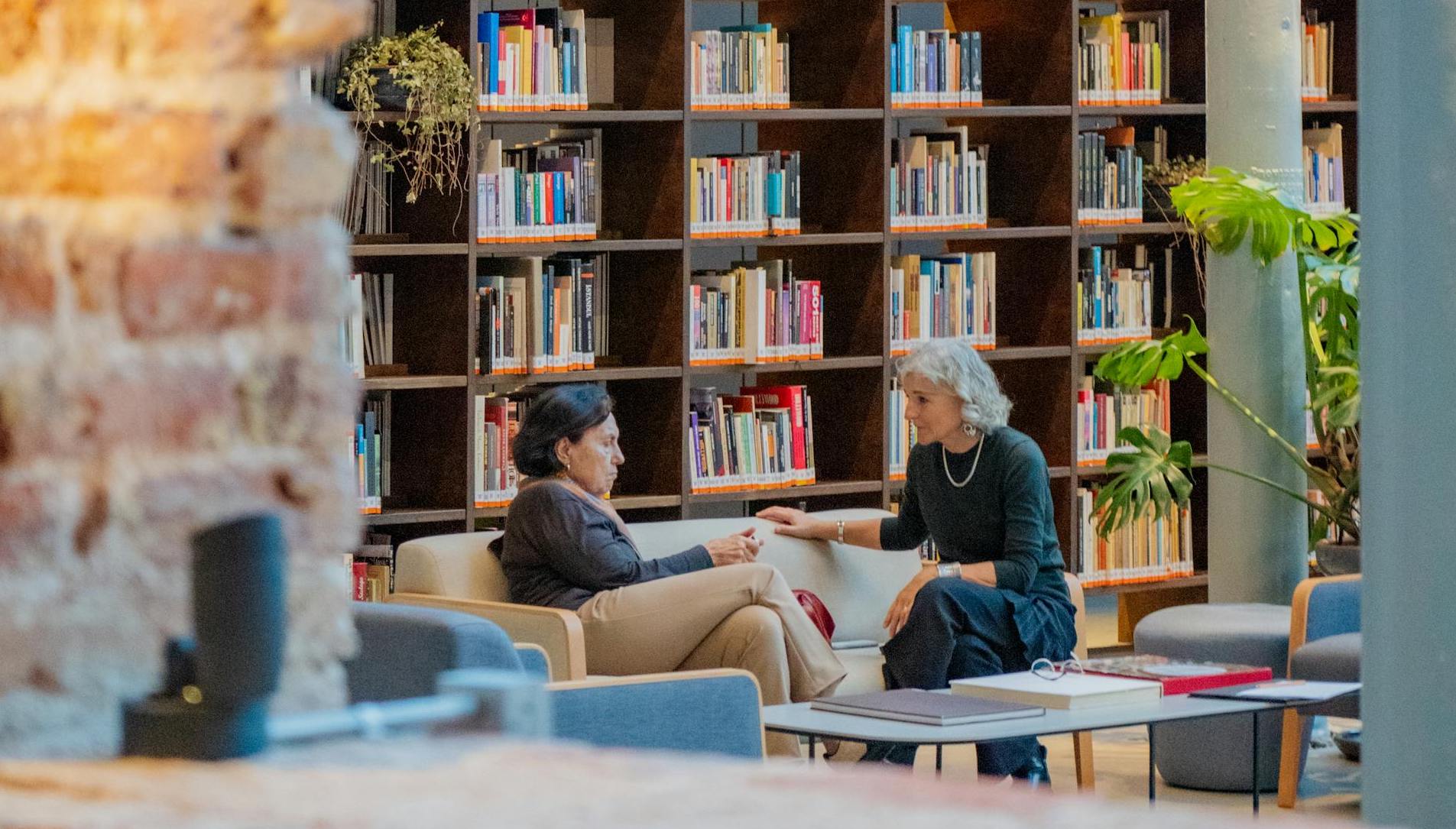The other day, I was working with a client on her personal finances and business plan. She was worried she wasn’t doing enough — the plan we mapped out seemed too simple. I assured her, she was doing everything she needed and did not need to overcomplicate it. Still, no matter what I say, it takes time to prove that less is more.
At the heart of our tendency to overcomplicate, is a misconceived notion that complexity equates to thoroughness. This belief leads us down a path where simple solutions are often overlooked in favor of more elaborate ones, under the assumption that these will yield better results. However, this overlooks the efficiency of simplicity, which can often achieve the same outcomes with less effort, fewer resources, and increased clarity. Keeping things simple isn’t indicative of a lack of depth or understanding; rather, it’s a pursuit of clarity, focusing on what’s truly important without getting lost in unnecessary details.
Here are a few practical tips to uncomplicate your life and focus on what matters:
- Be Decisive: Recognize when you re in analysis paralysis mode. sometimes it’s best to make a decision and move on. Set timers for projects. Create deadlines for making decisions. Time block to get things done. Declutter: Whether it’s your home, workspace, computer finances, or even your social calendar, simplifying your surroundings can have a profound impact on your mental clarity and stress levels. Pick one area and focus on it until complete before jumping to another.
- Say No: Stop learning to say no, and just do it. It’s important to prioritize your time and energy on things that are meaningful to you. Saying no can be empowering and liberating.
- Ask for Help: How much time and energy do you spend trying to DIY everything? It’s a perfect way to burn out. Instead, recognize that we shouldn’t do everything on our own and seek support from others.
- Let Go of Perfect: Understand that perfection (whatever that means) is unattainable, and striving for it only leads to unnecessary stress and disappointment. Progress and learning from our experiences are far more valuable than chasing an elusive standard of perfection.
- Seek Simple Joy: Find happiness in the simple things. A walk in nature, a cup of coffee in the morning, or a heartfelt conversation can be deeply satisfying and uplifting. Think about how you have removed unnecessary chaos from your life and reward yourself for keeping things simple.
- Practice Mindfulness: When you catch yourself starting to make something more than it needs to be, stop, and take a moment to breathe and be present. This helps in reducing the urge to control every aspect and makes room for acceptance and flexibility.
By adopting a simpler approach to life, we can rediscover the joy and freedom in living authentically and purposefully. Simplifying doesn’t mean giving up on ambition or pleasures; it’s about focusing on what enriches our lives and letting go of the rest. Remember, it’s okay to strive for progress, not perfection.







